Scamp Trailers Used For Sale – In some cases, a business may look profitable but may be hiding significant underlying issues, such as declining sales, ineffective marketing strategies, or employee dissatisfaction. Similarly, in relationships, individuals may feel as though they are selling themselves, presenting their best qualities and hoping for the best outcome. Overpricing an item can lead to it sitting unsold, while underpricing it can result in lost potential revenue. For the buyer, there is the risk of inheriting a business with hidden problems or liabilities that were not disclosed during the due diligence process. While many artists and creators are forced to sell their work in order to make a living, there is still a sense of purity in the act of creation. For many, purchasing second-hand goods is not just about saving money, but about embracing sustainability, supporting a circular economy, and contributing to a more environmentally conscious world. Business brokers play a key role in facilitating the transaction by acting as intermediaries between the buyer and seller. The due diligence process helps the buyer understand the risks involved, the company’s market potential, and any legal or operational hurdles that may exist. For when everything is for sale, it’s easy to forget that the most important things in life are not commodities; they are experiences, relationships, and moments of connection that cannot be measured in dollars and cents. The result is a society that increasingly prioritizes consumption over connection, profit over meaning, and exchange over understanding. For instance, businesses in industries such as technology, renewable energy, or e-commerce may attract more buyers due to their perceived growth potential. Even in a marketplace where everything is commodified, there is still room for those moments and experiences that transcend value. The car represents possibility, and when it changes hands, it takes on new significance, a new role in a different life. Take, for example, a high-quality piece of furniture — a well-crafted sofa or dining table can last for decades if maintained properly. In some cases, it’s not just objects that are for sale, but entire industries or institutions. For some, selling a business is a proactive decision to move on to new ventures, while for others, the sale might be the result of external factors, such as market downturns, changing consumer preferences, or regulatory shifts. The most obvious benefit is the cost savings. Social media platforms, for example, offer users a chance to buy into their own identity, to curate a version of themselves that is more appealing, more desirable, more marketable. This sense of history and individuality is part of what makes second-hand shopping so appealing. People are not just looking for things that work well; they want products that elevate their environment and their experiences.

2014 Scamp Scamp 13 for sale in Loveland, CO Lazydays
Locate a dealer near youreach millions of buyers
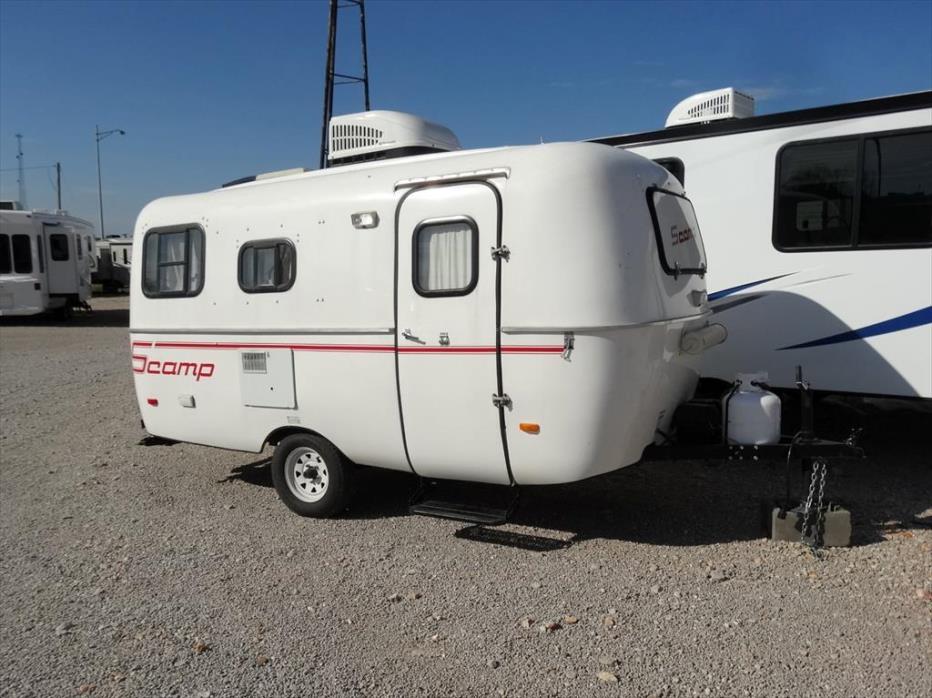
Scamp rvs for sale in Missouri
Locate a dealer near youreach millions of buyers

Scamp 16 Fiberglass Lightweight Travel Trailer Camper with Bathroom, AC
Locate a dealer near youreach millions of buyers
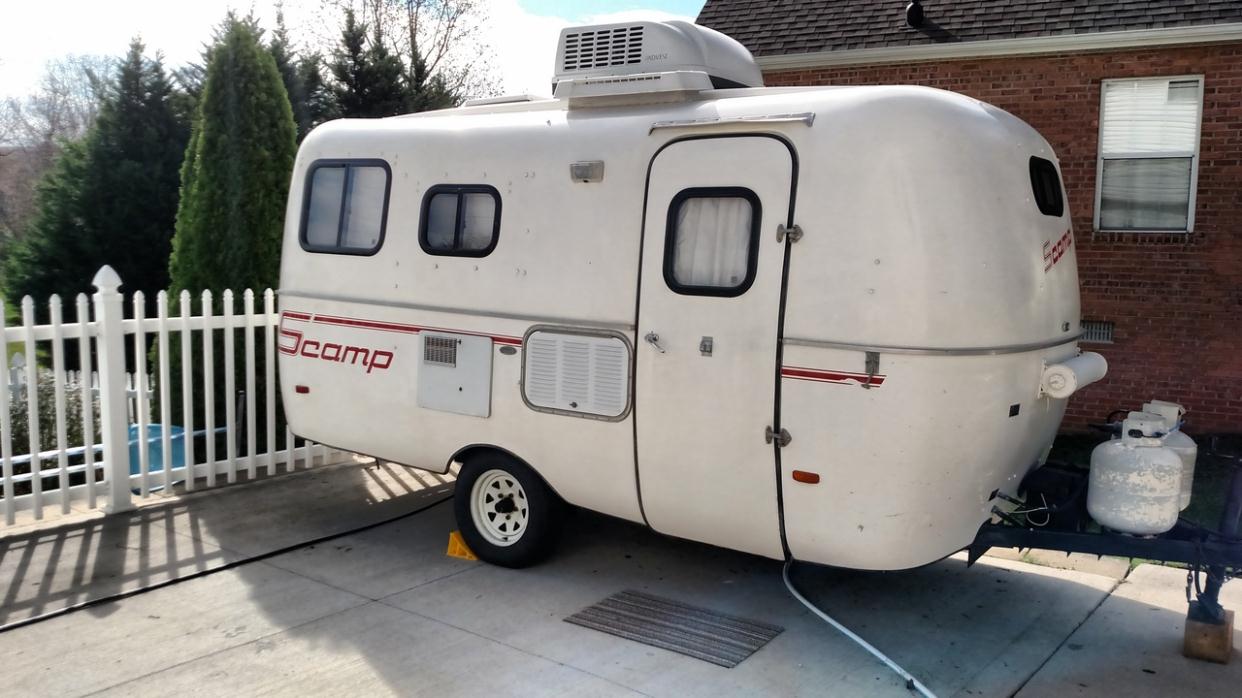
Scamp 16 RVs for sale
Locate a dealer near youreach millions of buyers
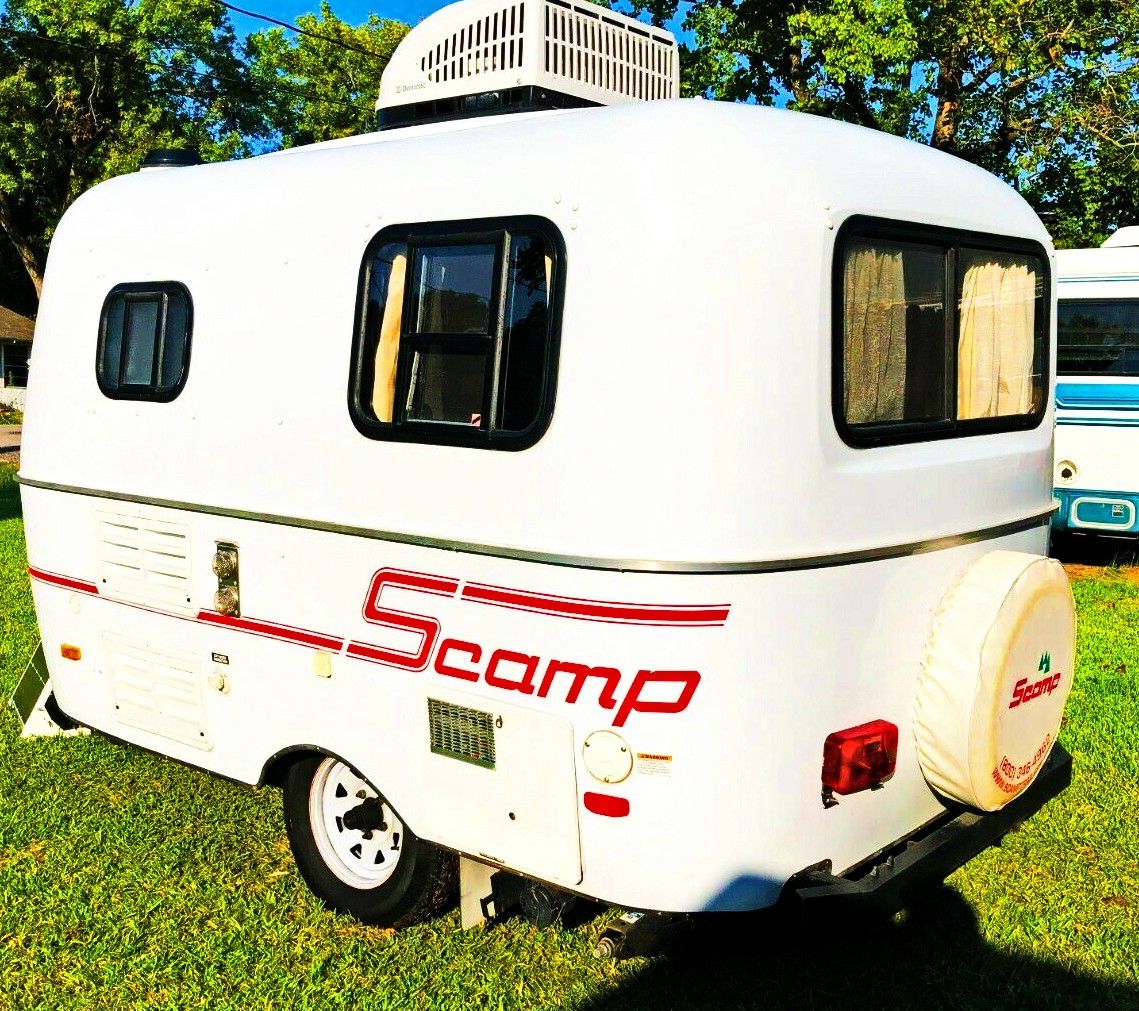
Scamp 13 Deluxe For Sale ZeRVs
Locate a dealer near youreach millions of buyers
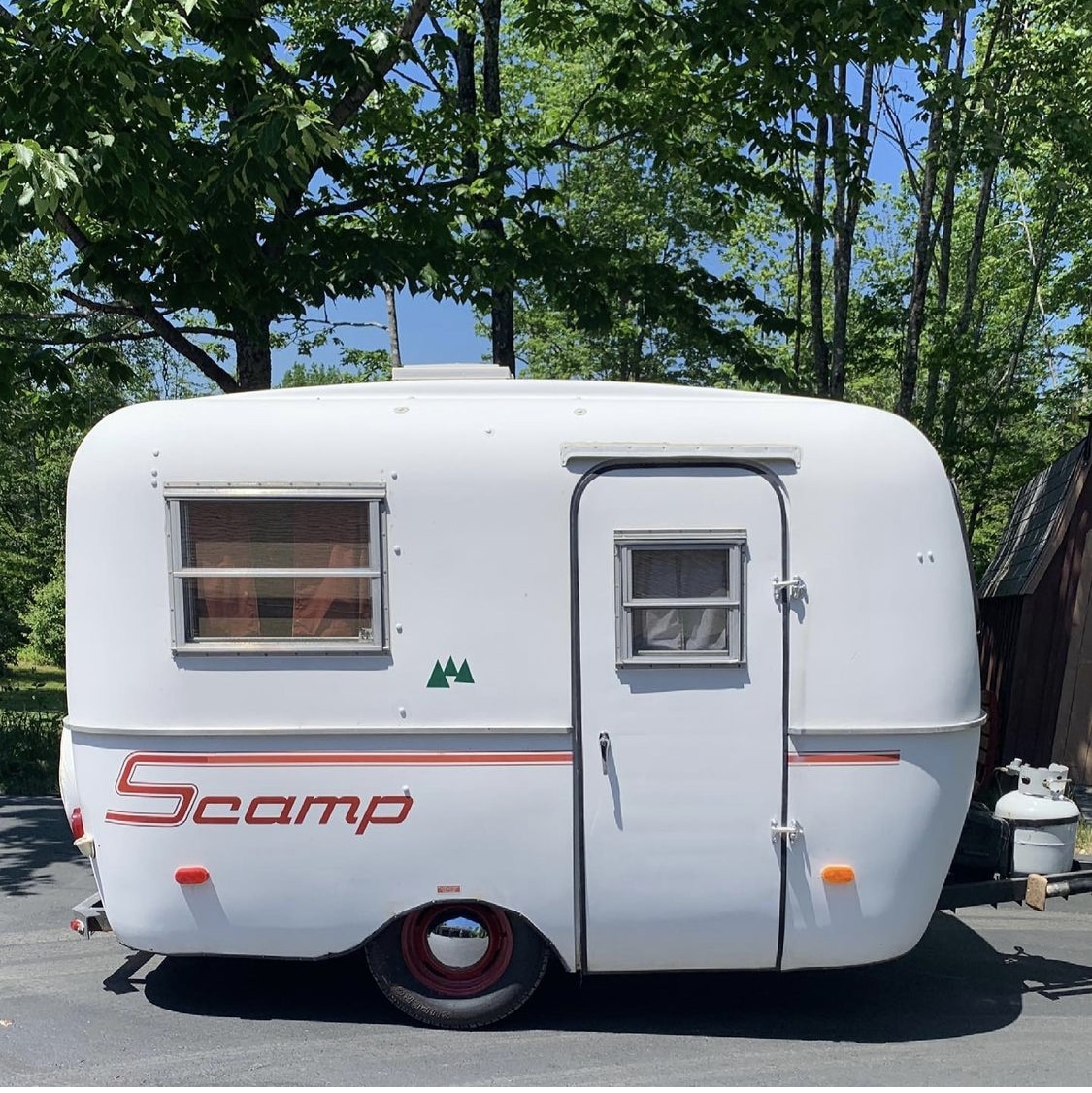
Scamp Camper Trailers Perfect RV for First Timers Couch Potato Camping
Locate a dealer near youreach millions of buyers
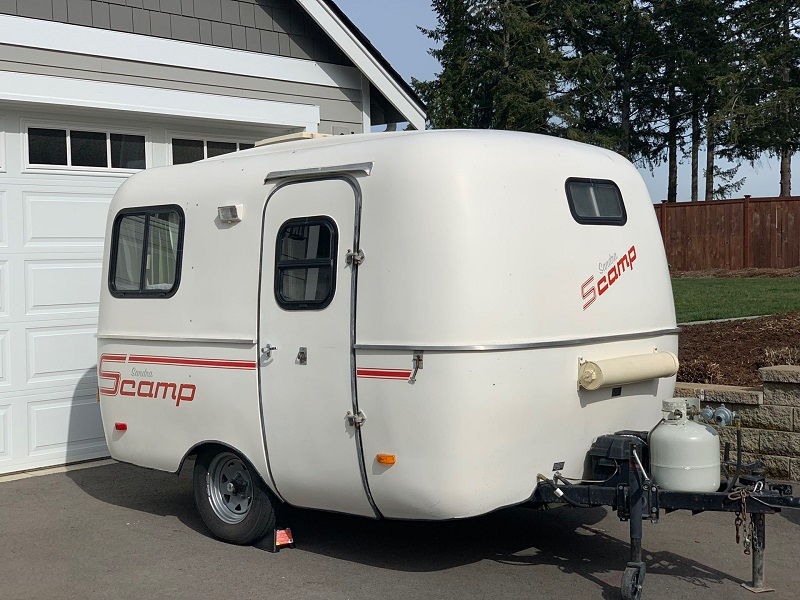
Used Scamp Trailer For Sale Negotiating the Price Mechanic Guide
Locate a dealer near youreach millions of buyers
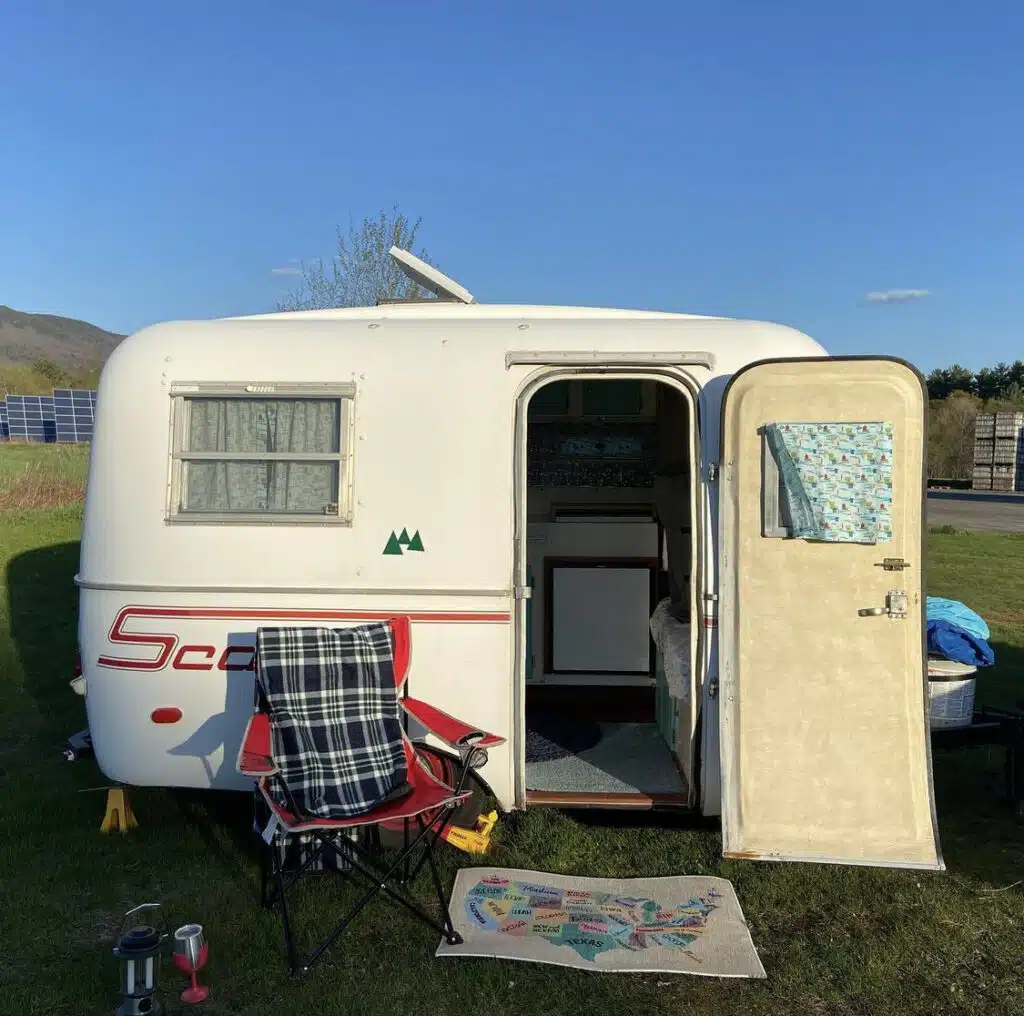
Scamp Camper Trailers Perfect RV for First Timers Couch Potato Camping
Locate a dealer near youreach millions of buyers

2016 Scamp Scamp 13 Deluxe Wood, Columbus
Locate a dealer near youreach millions of buyers

Used Scamp Trailers For Sale Near Me
Locate a dealer near youreach millions of buyers
By purchasing second-hand goods, consumers help keep products circulating in the economy, giving them new life and purpose. The environmental benefits of buying second-hand goods go beyond just reducing the need for new production. This practice is an essential aspect of sustainability, as it helps conserve resources and reduces the amount of waste sent to landfills. It’s about letting go of something that no longer serves a purpose, while opening the door for something new to take its place. Online platforms such as eBay, Craigslist, and Facebook Marketplace have made it easier than ever for individuals to sell their unwanted items to a global audience. It’s easy to understand why people seek out quality goods for sale. After the sale is complete, the buyer assumes responsibility for the business and takes control of its day-to-day operations. Quality products often come with warranties and customer service support, offering peace of mind to consumers who are investing in something that will serve them well over time. These goods, ranging from clothing to furniture, electronics to books, offer people the chance to find items they need or want at a fraction of the cost of new products. People can be bought and sold in the form of labor, for example, and loyalty can be traded for material gain. From the most trivial items in a dollar store to the most precious works of art in a museum, everything can be assigned a price. Upcycling is a great way to make the most out of second-hand goods, adding both value and meaning to the items that are being repurposed. We start to treat people as commodities, too — as means to an end, as tools for achieving personal success or social status. The act of selling a home is a deeply emotional process, and when it’s completed, there’s a sense of closure and anticipation for what comes next. A business for sale is not always as it appears on the surface, and the buyer must examine the company’s financial statements, contracts, debts, and even its customer relationships before deciding whether to proceed with the transaction. For many people, there is something uniquely satisfying about sifting through racks of clothes, rummaging through bins of books, or browsing shelves of home goods in search of that perfect item. In some cases, it’s not just objects that are for sale, but entire industries or institutions. What will come next? What new opportunities will arise from this decision? When an item is placed “for sale,” it’s not just the object that’s changing hands; it’s often a reflection of the personal changes happening within the seller. Just as with material possessions, when a person is “for sale,” they put their value on display for others to assess. In conclusion, second-hand goods for sale represent more than just a financial transaction; they embody a shift toward sustainability, individuality, and social responsibility.
They remind us that, despite living in a world where everything is for sale, there are some things that remain priceless. It doesn’t fall apart after a few uses, nor does it need to be replaced after a season. In times of financial hardship, such as during recessions or periods of high unemployment, more people may turn to second-hand goods as a way to save money. The truth is that the idea of quality is deeply rooted in the philosophy of craftsmanship, heritage, and trust, which explains why certain items, often categorized as quality goods, tend to be prized more than others, even when they may come with a higher price tag. In a circular economy, items are kept in use for as long as possible, reducing the need for new resources and minimizing environmental harm. For the buyer, purchasing a home is a dream realized, a step toward security and stability. The resale of pre-owned clothing has become a booming industry in recent years, with second-hand stores and online marketplaces thriving as more consumers opt for affordable, sustainable alternatives to fast fashion. Some goods, like a fine Swiss watch, carry decades or even centuries of tradition, built on a reputation of precision and excellence. For many, purchasing second-hand goods is not just about saving money, but about embracing sustainability, supporting a circular economy, and contributing to a more environmentally conscious world. The same logic applies to tools, kitchen appliances, furniture, and even technology. In some cases, buyers may also acquire businesses with existing intellectual property, such as patents, trademarks, or proprietary technologies, which can offer a competitive edge in the market. It carries with it a deep sense of commodification — the idea that every part of our lives, every piece of our history, every corner of our existence, has a price attached to it. Similarly, during periods of economic growth, there may be a greater willingness to spend on luxury second-hand items, such as high-end fashion or collectible items. These concepts, they say, are too sacred, too important to be reduced to mere transactions. Additionally, there is the challenge of integrating the business into their existing operations and ensuring that it continues to thrive under new ownership. Online platforms such as eBay, Craigslist, and Facebook Marketplace have made it easier than ever for individuals to sell their unwanted items to a global audience. The due diligence process helps the buyer understand the risks involved, the company’s market potential, and any legal or operational hurdles that may exist. Everything for sale. Beyond financial savings and environmental impact, second-hand goods also offer a sense of nostalgia and connection to the past. Workers are often paid meager wages for their labor, while corporations amass wealth.